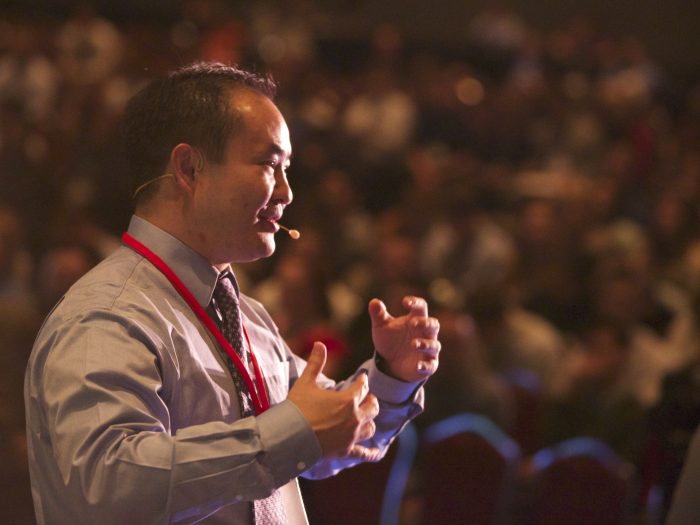Driving leads via Facebook is now about strategy, not about tactical tricks anymore.
Years ago, Facebook had a LIKE button on ads– do you remember? Back then, fan growth was all the rage– and it was before there was a newsfeed or even mobile. We could even drive 600 fans for a dollar– not a typo since traffic was about 20 cents for every thousand impressions. So we […]
Driving leads via Facebook is now about strategy, not about tactical tricks anymore. Read More »
